Following the Government’s proposed nine-month ban on fishing for more than 100 demersal species from Augusta to Kalbarri, the call for an alternative – including a dhufish spawning closure – continues to build in the fishing community.
Recfishwest has been communicating with thousands of fishers concerned about the impact a nine-month closure will have on them and their families, as well as regional caravan park owners, charter operators and tackle shop owners who hold very real concerns about the future of their businesses.
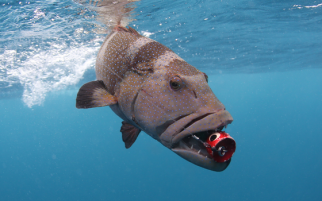
Fishing clubs, who have been a central part of their communities’ social fabric for generations, have told Recfishwest the Government’s proposal will force them to close their doors.
The current proposals will also bankrupt genuine long-term charter fishing operators, depriving the community of great fishing and tourism experiences.
“We are all committed to the sustainability of this great fishery,” said recfishwest CEO Dr Andrew Rowland. “We have a strong, extensive track record in supporting dhufish and snapper conservation including tagging programs, release weight research and subsequent legislation, snapper spawning closures, released fish survival projects, investments in shark deterrents and the Snapper Guardians program,”
“Recfishwest knows there is a better way to speed up the rebuilding of these fish stocks without the massive social and economic damage, which is why we reject the Government’s proposed nine-month ban.”
Good friend of Recfishwest and editor of Western Angler Magazine, Scott Coghlan, summed up the Government’s proposals on the front page of this week’s Albany Advertiser, “It’s like using a chainsaw to fillet a herring,” he said.
It’s been great to hear from so many of our members who, supporting our efforts, want to know what they can do to help.
What you can do – ask the Government to adopt a more sensible approach
Encourage your family, friends and fishing mates to:
- Sign the parliamentary petition to voice your opposition to DPIRD’s proposed nine-month ban. You can find the petition here – more than 10,000 people have already signed – make sure you add your name and encourage anyone you know to do the same.
- Contact your local Member of Parliament and let them know how the proposals will impact you and your family. If you need tips on how to reach out to your local MP, our guidelines here will help.
- Encourage your family and friends to join Recfishwest – send a clear message that recreational fishers are united in supporting a more sensible outcome. They can join through this link here.
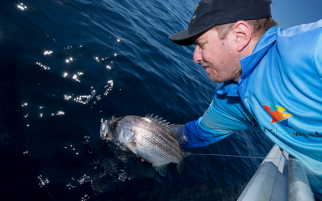
The better way – in case you missed it
A WA fishing community record survey of nearly 6,000 respondents also helped inform the package of recommendations.
The package was well balanced and focused on protecting the sustainability and spawning of the fish while delivering the best social and economic benefits, along with better fishing rules, enhanced education and more research.
The story has attracted more media attention than any other fishery-related issue in recent times, reflecting just how important this fishery is to the Western Australian way of life.
Read some of the articles that have featured in the media on the west coast demersal issue here.
We hugely value your support – and we’ll keep working hard to protect these fish as well as all the benefits this fishery provides to so many West Australians.
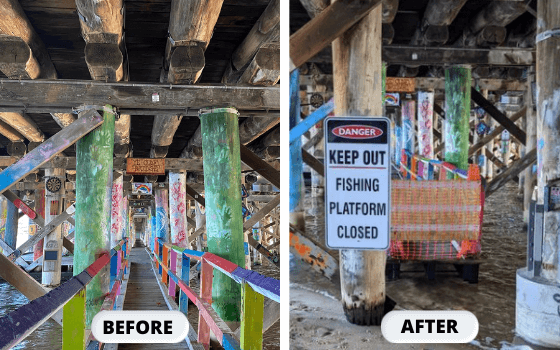
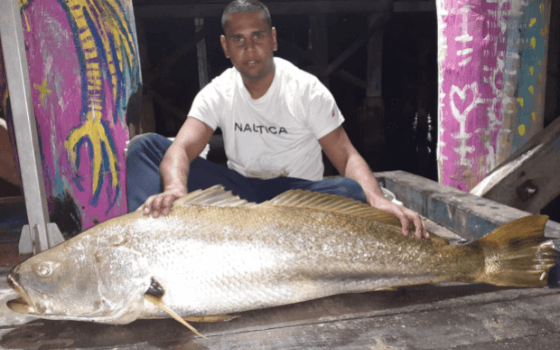
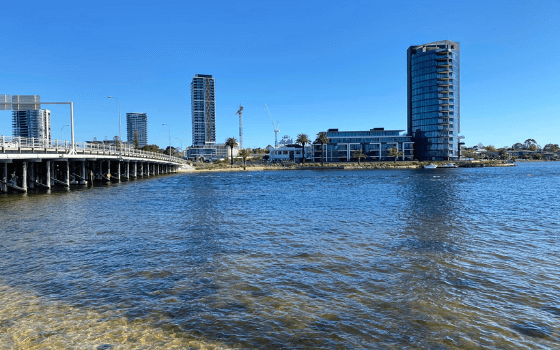
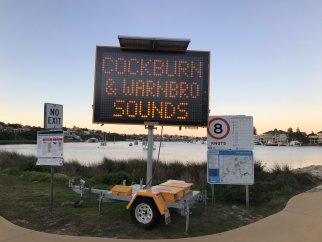
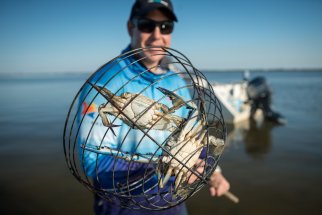
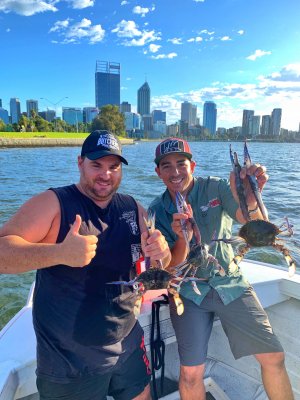
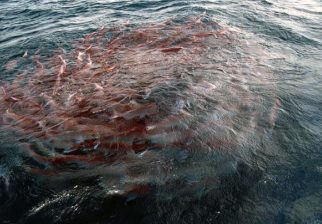 Recreational fishers have a long history of protecting pink snapper stocks on the west coast, with the implementation of the Cockburn and Warnbro Sound spawning closures being driven by recreational fishers after witnessing large catches of spawning fish during spring.
Recreational fishers have a long history of protecting pink snapper stocks on the west coast, with the implementation of the Cockburn and Warnbro Sound spawning closures being driven by recreational fishers after witnessing large catches of spawning fish during spring.